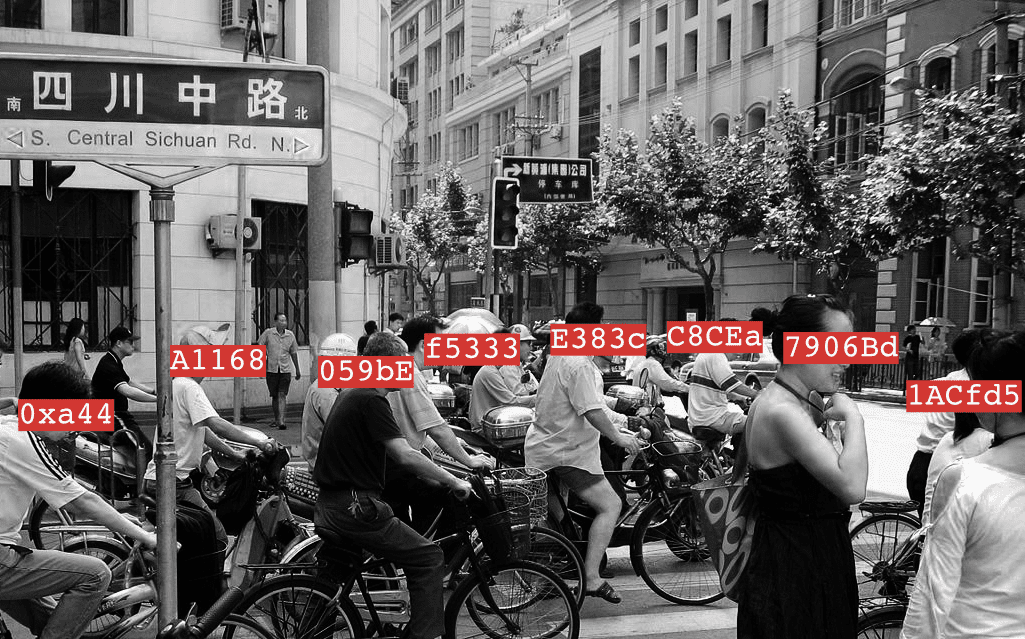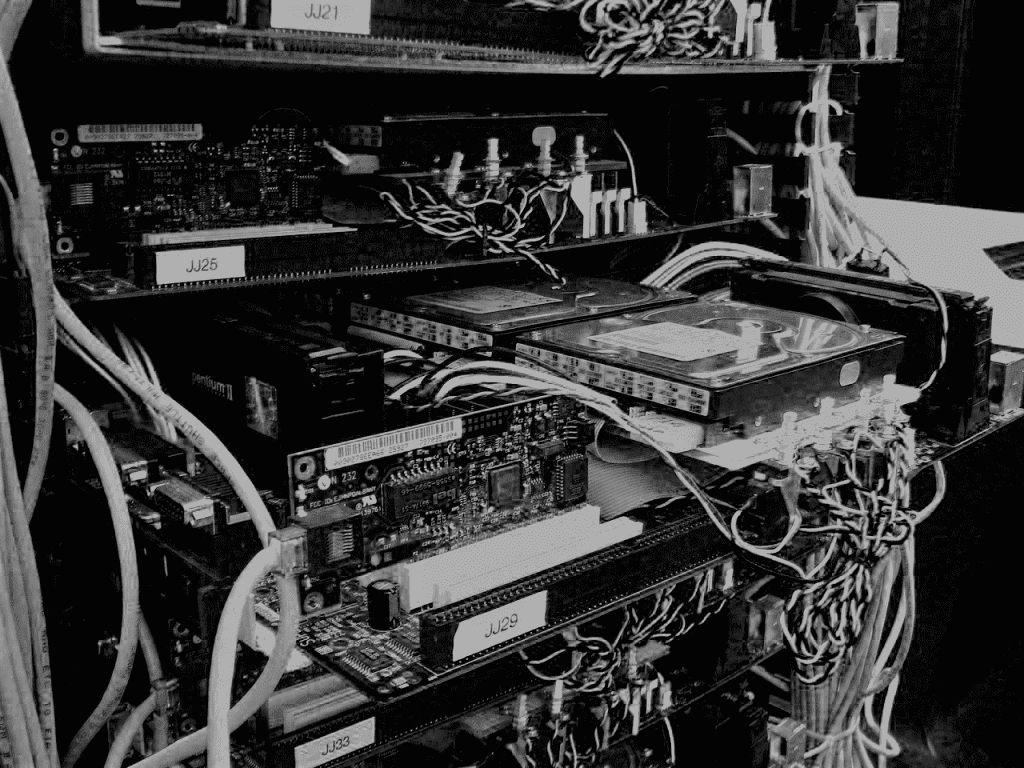Assess your contractual obligations under the 2019-nCoV Outbreak
With the current 2019 neo-Coronavirus (2019-nCoV) epidemic spreading all over China, companies may want to escape their contractual obligations such as payment obligations or penalty fees. Chinese authorities have decided to take various measures to “city lock-down” and limit further contamination that prevent companies to perform contracts. Many contracts will be affected by factors such as factory operation, payment by customers, road blocks, etc. The purpose of this article is to analyze what legal mechanisms (force majeure / hardship / MAC clause) may be applicable during and after the epidemic, to relieve and mitigate liabilities caused by failure to perform contractual obligations. This Articles is related to our Practical Guide to handle Coronavirus Crisis.
1. Force Majeure
Force majeure is one of most commonly used legal reasons for exemption. While “force majeure” being a contractual term that only applies when a contract defines so, it is a statutory factor under PRC legal framework that can exempt a party from its obligation, even lack of such expression in contract. PRC law states that:
- The General Principles of the Civil Law Article 180: Where the non-performance of civil obligations is caused by a force majeure, no civil liability shall arise therefrom, except as otherwise provided for by any law. A force majeure means any objective circumstance that is unforeseeable, inevitable, and insurmountable.
- Contract Law of the People’s Republic of China Article 117: A party who is unable to perform a contract due to force majeure is exempted from liability in part or in whole in light of the impact of the event of force majeure, except otherwise provided by law. Where an event of force majeure occurs after the party’s delay in performance, it is not exempted from such liability. For purposes of this Law, force majeure means any objective circumstances which are unforeseeable, unavoidable and insurmountable.
As above, two laws both define force majeure as “an objective situation that cannot be foreseen, unavoidable and insurmountable.” In the latest draft of the Civil Code, existing laws are also used the same provision on force majeure. In practice, for further clarification many contracts under PRC law adopted the contact mechanism under common law system and provide additional definitions of force majeure, including using expressions such as “beyond the reasonable control of the parties”, followed by a list of events, e.g., war, famine, strike, act of God, earthquake, terrorism, riot, etc. If a contract contains force majeure clause, based on the principles of the autonomy of the will, it shall always apply. If a contract lack of such provision, the affected parties may pursue protection under PRC Civil Law and Contract Law. Under either case, statutory law provisions or the contract definition, if the contract cannot be performed due to force majeure, it can be partially or completely exempted from liability. In addition, article 118 of the Contract Law also provides corresponding notice and proof of force majeure: “If a party is unable to perform the contract due to force majeure, it shall promptly notify the other party to mitigate the loss that may be caused to the other party and shall provide it within a reasonable period prove”, and article 119 stipulates that parties shall take the appropriate measures to prevent unnecessary losses.
2. Change of Circumstances / hardship
Change of circumstance is another legal basis that may exempt a party of a contract from performance. Change of circumstances is also referred to as hardship clause.
- Interpretation II of the Supreme People’s Court of Several Issues Concerning the Application of the Contract Law article 26: Where any major change which is unforeseeable, is not a business risk, occurs after the formation of a contract, and if the continuous performance of the contract is obviously unfair to the other party or cannot realize the purposes of the contract, a party may file a request for the modification or rescission of the contract with the people’s court and the people’s court shall decide whether to modify or rescind the contract under the principle of fairness and in light of the actualities of the case. Change of circumstances is not expressly stipulated by the Contract Law, but rather based on the principle of fairness under the general civil law. In judicial practice, application of change of circumstance is very strict. The Supreme People’s Court particularly issued a notice states that change of circumstances shall only be applied when the continuous performance of the contract is obviously unfair to the party or cannot realize the purposes of the contract, and the case shall be submitted to the higher people’s court for approval, or even to the Supreme People’s Court where necessary (Notice of the Supreme People’s Court on Correctly Applying the Interpretation II of Several Issues concerning the Contract Law of the People’s Republic of China So As to Serve the Primary Objectives of the Party and the State, article 2).
3. Comparison Between Force Majeure and Change of Circumstances
| Force Majeure | Change of Circumstances | |
| Severity | . Serious . Usually constitutes impossibility of performance | . Relatively light . Continuing to perform the contract is obviously unfair to one party or fails to achieve the purpose of the contract |
| Legal Consequences | . Statutory exemption and contract termination cause . Automatic termination | The parties need to ask the court to determine whether to terminate the contract based on the principle of fairness and the circumstances |
| Forms | . Natural disasters, e.g., earthquakes, typhoons, floods, tsunamis, and droughts . Social events, e.g., wars and riots | Unexpected events, e.g., sharp changes in the socio-economic situation, soaring prices, severe currency depreciation, the financial crisis, and changes in national policies |
| Application Scope | . Liability for breach of contract . Tort liability . Statute of limitations can be suspended | Liability for breach of contract |
As above, the event of force majeure is more manifested as “this event makes it impossible to fulfill the contractual obligations in reality”, while the situation change event is manifested as “the event caused a great cost to fulfill the contractual obligations”.
4. Current Epidemic Situation
To analyze how courts may determine impact of current outbreak in case of dispute, we may refer to how SARS epidemic was handled in 2002-2003 for example (although China’s economy was at a different stage of development as it is now). The Supreme People’s Court issued a notice on June 11, 2003, providing that “disputes arising from administrative measures taken by the government and relevant departments to prevent the SARS epidemic directly resulting in the contract being unable to be performed, or due to the impact of the SARS epidemic causing the parties to the contract to fail to perform at all”, force majeure clause shall apply (Notice on the Trial and Enforcement of the People’s Courts During the Prevention and Control of Infectious Atypical Pneumonia, article 3). Compared with the previous SARS incident, as of the time of this article, China has adopted stricter restrictions on traffic and public places, and extended vacations and other measures to contain with the epidemic, which are more likely to impact contractual performances. Moreover, although neither the Supreme Court nor the Central Government of China has yet issued any document interpreting current 2019-nCoV incident from legal perspective, some provinces and national departments and associations of different industries, such as the Ministry of Culture and Tourism and the China Council for the Promotion of International Trade, have already defined the epidemic incident as force majeure in their departmental documents. Situation will have to be monitored from this angle as well.
5. Recommendations
Based on the above, we recommend the following measures on the performance of the contract under the epidemic situation.
- Assess the impact on contract performance of the 2019-nCoV outbreak
Companies should assess the actual and potential impact of outbreaks on contract performance as early as possible by reviewing their contractual obligations. For example, due to the extension of vacations, products supply, construction project and transportation service may fail to meet the deadline under the contract and constitute breach (or even material breach) of contract. If outbreaks cause breach of contractual obligations and liabilities, measures 2) – 4) discussed below should be taken as soon as possible. It should also be verified how the force majeure / hardship clause are drafted and whether the stipulations exclude the outbreak of virus from unforeseeable force majeure event after the SARS, H1N1, H5N1, Ebola and other epidemics. During SARS crisis in Hong Kong, we observed that some adjustment to financial undertakings such as rental fees claimed by tenants were successfully based on sanitary reasons or administrative decisions or bans. Termination of long-term contract may be rejected by court as the situation does not change the purpose of the contract. We also observed that the court were not supporting force majeure claims when the period of time was short and did not significantly changed the obligations as the parties had initially reasonably contemplated them at the time of the signature of the contract.
- Notify the other party in a timely manner and keep written evidence
As mentioned above, in case force majeure occurs, the affected party shall promptly notify the other party to mitigate the loss. Companies shall:
– Issue written notice in accordance with the notice procedures under each contract or in a reasonable manner;
– Ensure the receipt of the other party;
– For contracts under foreign laws, consult with a lawyer as soon as possible
- Re-negotiate relevant contract provisions with the other party
In case a contract is affected, parties shall re-negotiate relevant provisions as soon as possible. For example, extension of vacation of governmental authorities may cause M&A deal delays. Parties shall revise relevant provisions by a written amendment to avoid further disputes.
- Obtain proof of force majeure
The affected party shall obtain a description of the force majeure event and the impact of contract performance by the government if possible. According to the Constitution of China Council for the Promotion of International Trade, the China Council for the Promotion of International Trade will produce a certification on force majeure (the Constitution of China Council for the Promotion of International Trade, Chapter II Article 6). Details, however, remain to be clarified.
- Retain other supporting documents and data
To be fully prepared for any possible disputes, companies shall pay attention to the development and changes of the epidemic and retain any information that proves the effects on business operations.












